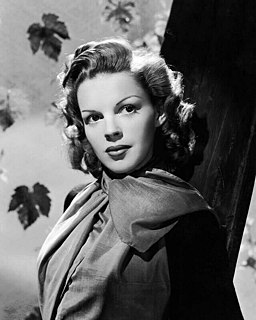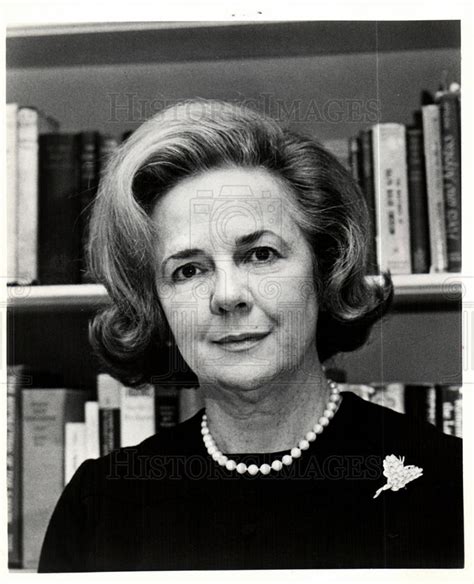A Quote by Alessandro Baricco
It’s a strange grief…to die of nostalgia for something you never lived.
Related Quotes
Murray said, ´I don´t trust anybody´s nostalgia but my own. Nostalgia is a product of dissatisfaction and rage. It´s a settling of grievances between the present and the past. The more powerful the nostalgia, the closer you come to violence. War is the form nostalgia takes when men are hard-pressed to say something good about their country.´
You who have never “been there” in the throes of grief, have no idea what is going on inside the head of the grieving spouse: the scattered
thoughts, the constant worry that we will forget something or someone in our fog-induced state, that strange feeling of not quite “being all there” when out in social situations, the pall that covers everything, like a cloak of sadness that never lifts.
I don't think I ever relinquish a person I have known, and surely not my fictional characters. I see them, I hear them, with a clarity that I would call hallucinatory if hallucination didn't mean something else ... A character whom we create can never die, any more than a friend can die ... Through [my characters] I've lived many parallel lives.






































